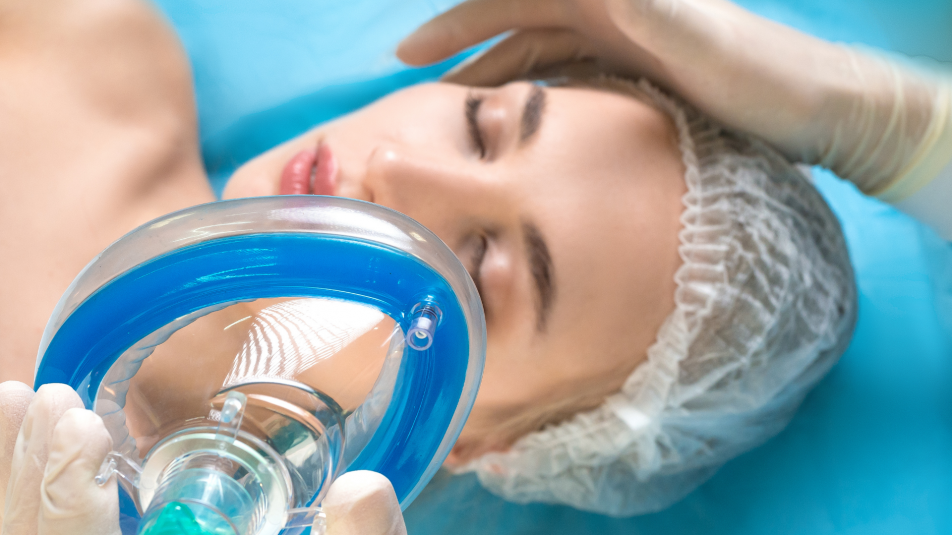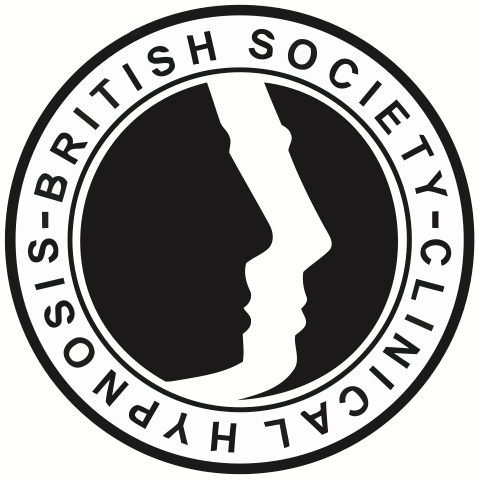I say 14, but in fact there are many more than 14 benefits of Clinical Hypnosis.
By the time I finish writing this article, a patient, clinician or surgeon from somewhere around the world will likely have something new to add to the list, and the list is growing steadily.
There have been lots of clinical trials carried out over the years, studying the role of hypnosis in the treatment a variety of medical conditions as well as in a variety of clinical and surgical situations.
Dr James H. Stewart, cardiologist and internist at the Mayo Clinic Florida, reviewed most (if not all) of these studies and concluded that hypnosis produced positive benefits in treating:
- Allergies
- Anesthesia for pain relief and surgery
- Treatment of resistant eczema
- Irritable bowel syndrome (IBS)
- Peptic ulcer disease
- High blood pressure,
- Obesity
- Healing of wounds
- Smoking cessation
- Chronic tinnitus
- Fibromyalgia
- Impotence (ED)
- Nausea and vomiting as a result of chemotherapy.
- Anesthesia for biopsy, upper GI endoscopy, and colonoscopy
Dr Stewart noted “hypnosis does not involve a process of simply following instructions. Rather, it is an actual change in the perception of the brain as demonstrated by brain tests while people are undergoing hypnosis.” (see reference 3.)

Perhaps even more impressive is the application of Hypnosedation as an alternative for patients undergoing awake craniotomy. You read that right. As a matter of fact, hypnosis as an alternative to traditional anesthetics, was used by French neurosurgeon Dr. Ilyess Zemmoura and his colleagues in 37 patients undergoing 43 surgeries during awake craniotomy between 2011 and 2015. (see reference 1.)
Over the years I have personally, worked with patients presenting with all but one of the issues mentioned in Dr Stewart’s analysis, and in addition I have worked with clients on the lead up to awake craniotomy, the removal of benign cysts and tumors, and dental surgery.
Hypnotherapy is also incredibly effective in treating fears and phobias relating to surgery and medical procedures. For example:
- Fear of the dentist (dentaphobia)
- Needle phobia (trypanophobia)
- Fear of hospitals (Nosocomephobia)
- Fear of medical procedures (tomophobia)
- Fear of anaesthesia, general or local
- Managing anxiety while waiting for test results and diagnosis
Hypnotherapy helps in speeding up the healing process, with surgeons reporting less blood loss during surgery as well as faster recovery times.
Of course, the use of hypnosis in surgery and medicine may not be right for everyone or indeed appropriate in every case, however, what I believe to be beneficial to everyone, is the knowledge, backed by science, that by harnessing the power of your subconscious mind, you can manage and take control of much more than you may have been aware of.
Visit www.gailmarrahypnotherapy.com for more information and to make an enquiry.
References:
- https://www.sciencedaily.com/releases/2015/12/151228161400.htm
- https://pubmed.ncbi.nlm.nih.gov/30315969/
- https://www.medicinenet.com/hypnosis_in_medicine/views.htm
- https://www.networks.nhs.uk/nhs-networks/nlp-in-healthcare/news/how-can-hypnosis-help-with-surgery
- https://pubmed.ncbi.nlm.nih.gov/27585724/









1 thought on “14 benefits of Clinical Hypnosis”
Thanks for sharing, Regards URL
URL